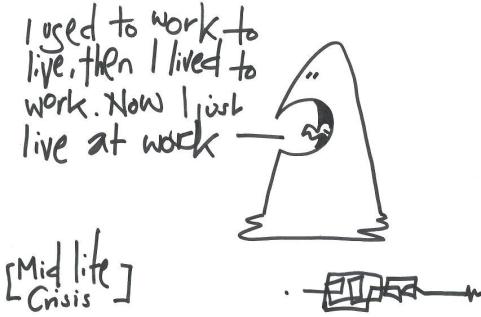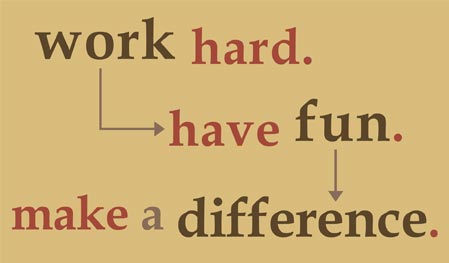Last week, the Flexiworkforce team were lucky enough to attend the 50+ Show. We were unique in that while most of the other exhibitors were showcasing holidays and leisure and household products, we were encouraging attendees to consider supplementing their retirement income with flexible working.
Many of the attendees were confident in their skills and abilities, yet acknowledged that there is a distinct lack of support for older workers who are interested in opting for flexible working, either pre- or post- retirement.
Others were interested in the idea but feared that they would be rejected outright on the grounds of their age.
Overall, we were very impressed by the enthusiasm and energy of the people we spoke to, including their willingness to consider new, modern ways of working. Here are the top 4 things we learned.
The over 50s are a key driving force behind the rise of flexible working in the UK
While older workers may not always feel ahead of the next tech trend in the office, they are in fact championing a new working culture in the UK through working flexibly. ‘Flexible working’ can refer to any working pattern outwith the typical Monday to Friday 9 till 5 and can include part-time, shift work, working from home and job sharing.
On average, workers in their 60s reject the typical 35 hours for a much more manageable 24, offering both a secure income and time to socialise outside of work.
The over 50s want and need flexible work, but have been largely cut off from it. Until now.
While flexible working can be seen as the solution for older workers wishing to stagger their retirement with further employment, finding quality job vacancies that can offer flexible hours can be difficult. CEO and founder Tracey Eker sought to rectify this problem by launching Flexiworkforce.com as the only UK-wide job site dedicated to flexible jobs.
Flexible working can be an ideal solution for older workers who working but would like the chance to also enjoy their life a bit more. There are many long-term unemployed workers who have been out of the workforce because of a lack of adequate flexible working but employers are actually desperate for their skills. Through Flexiworkforce these two groups can reach each other!
Many feel a lack of support in coming back to the workforce.
The over 50s are an invaluable talent pool which remains sorely underutilised by western society. The societal problem of ageism means that older workers often have a hard time getting into jobs that they are deemed ‘overqualified’ for, others feel forced out of a job before they’re ready. While ageism remains a serious issue, there is very little data available to quantify the issue.
However, many enlightened employers are keen to hire individuals over the age of 50, such as the banking group Santander, who are keen that their staff reflect the diverse age-mix of their customers.
Flexible working- a good balance:
In recent years there has been something of a mindshift in the way we view retirement. Many choose to reject a traditional retirement in favour of flexible employment, some choosing to never fully retire. As average life-expectancy continues to increase worldwide, the multi-generational workforce will become increasingly diverse, with older workers being highly sought after for their skills and experience.
Flexibility should be the goal for over fifties aiming to retain their independence, or perhaps even strike out on a new career path, without having to endure the taxing demands of a full-time career or conventional working hours.





